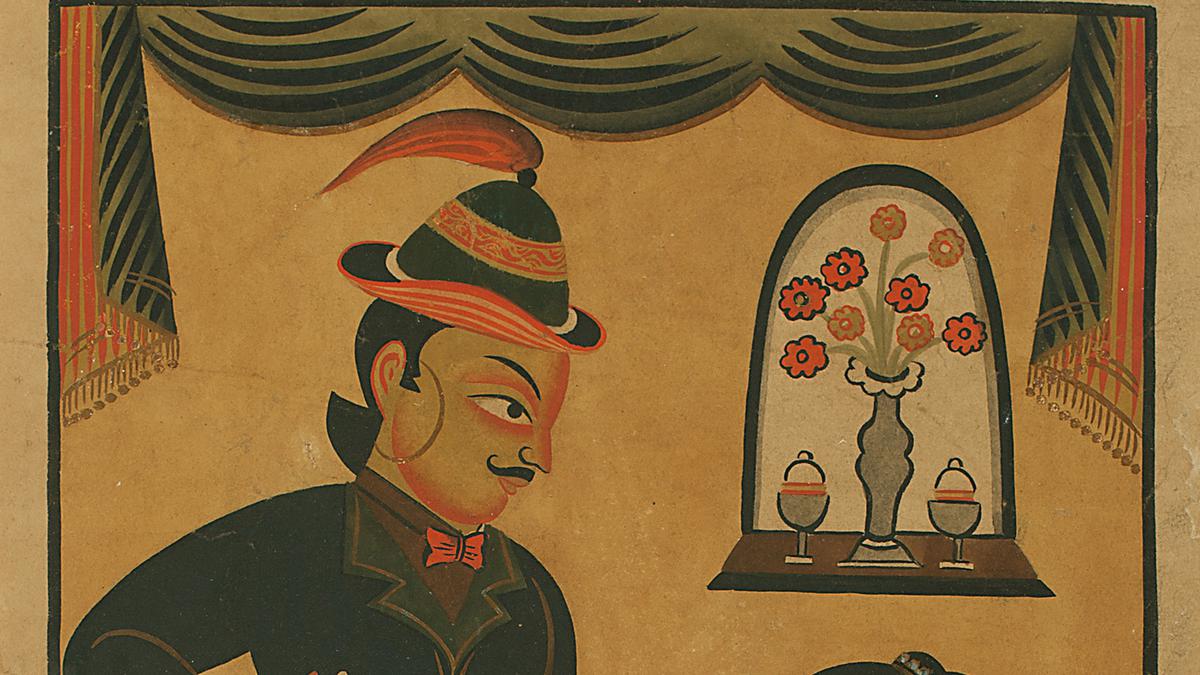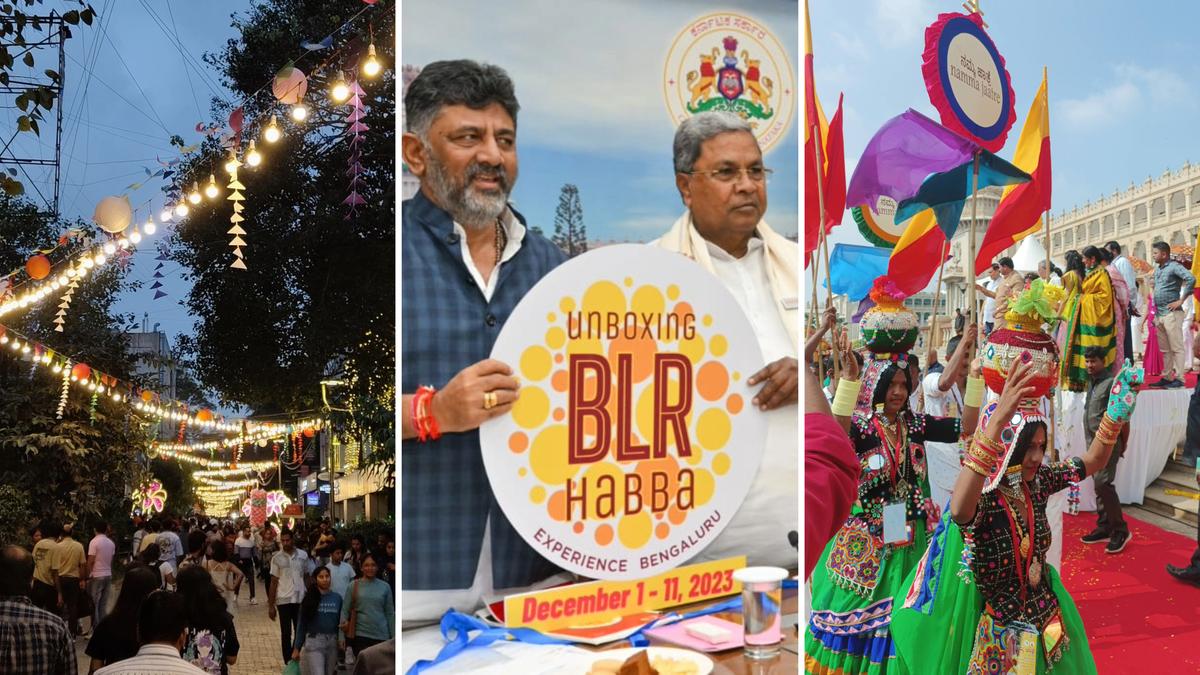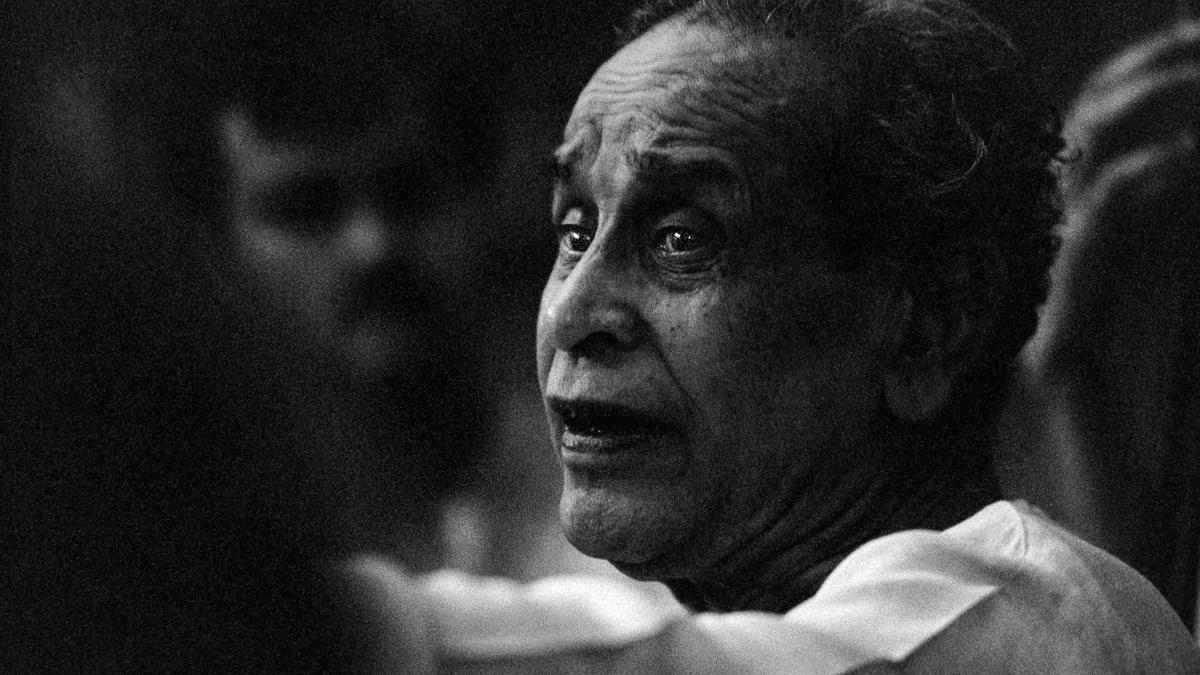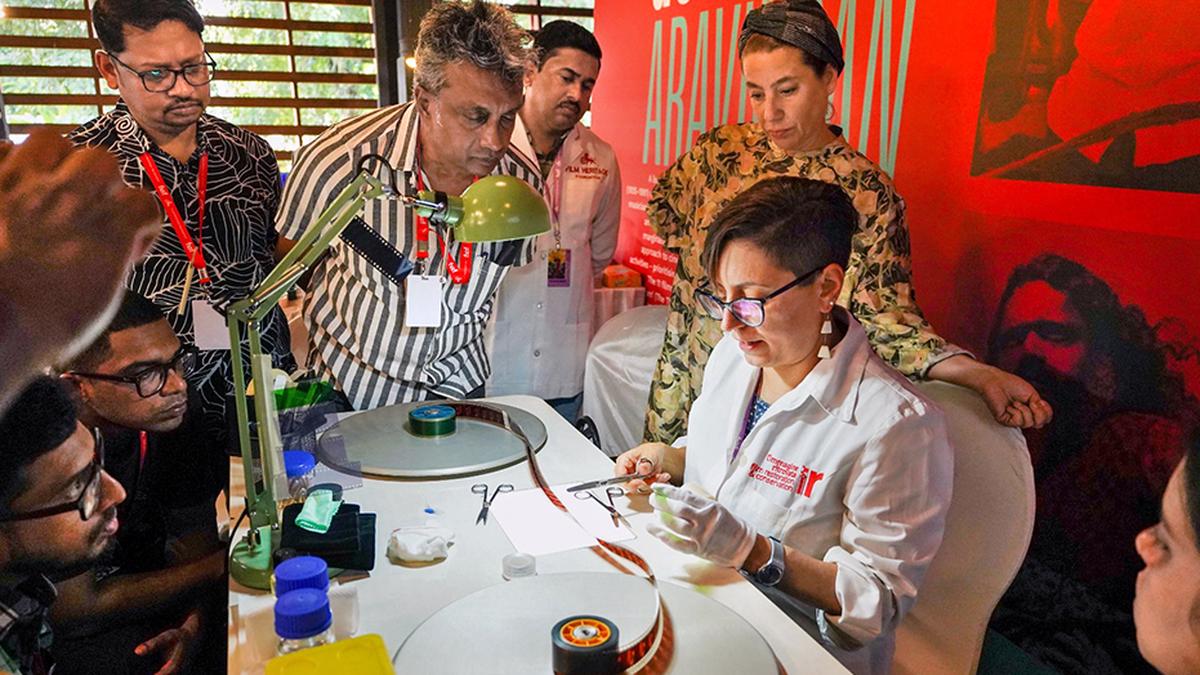At 15, I had my first real taste of hopelessness. We had moved back to Kashmir after having lived in England for many years. On my first day at school in Kashmir, during an Urdu class, the teacher asked me to read out loud from the textbook. I had spent the last six to seven years studying French, so I had no clue how to read or write Urdu. It was a disastrous first day and one that would have set the tone for the rest of my academic year had it not been for Phuphee.
Phuphee had arrived at our house in Srinagar while I was at school. She had come to help us settle in. On my walk back from school that afternoon, armed with a deep sense of failure and an exceptional ability to catastrophise, I envisioned a future where I would have no education, no degrees, a future that would lead to failure on all fronts and eventually to dying of some horrible but completely treatable illness.
When I returned home, Phuphee was unpacking. When she saw me, she smiled and embraced me warmly. I inhaled deeply the familiar scents of cardamom and cigarettes.
‘Gatchh byeh tche, bae anai kyenh banaavyith (you go and sit down, I will make something for you),’ she said.
I went upstairs and a few moments later she came up with a plate full of what she called pachhay thool (guest eggs) and homemade roti. I hadn’t had anything at school after my spectacular disaster in the Urdu class. I had felt sick, deep in the pit of my stomach and though I was hungry now, the feeling returned. She sat down next to me and lit her cigarettes.
‘Eat,’ she said, ‘mae socnch (don’t think).’
She smoked in silence as I decimated the plate of sugared eggs. She would make these whenever she had an unannounced guest and had nothing special to sweeten their mouth with. She would whisk eggs with sugar and fry the mixture in ghee or homemade butter. The eggs were served with roasted walnuts and drizzled with honey.
When I had finished, she asked why I looked like I carried the weight of the world on my shoulders? I narrated the disaster that had been my day. She listened quietly without interrupting. She continued to smoke and when she had finished, she sat upright and said, ‘Do you know what hopelessness tastes like?’
I shook my head.
‘Hopelessness is the absence of taste. Hopelessness tastes like nothing. It will always arrive at your door, unannounced, ready to knock you off your feet and while it is impossible to be fully prepared, it doesn’t hurt to have a few ingredients at hand. Most of what you need to know in life can be taught by others, by teachers, except this.’
‘I don’t know what that means,’ I said.
She had already gotten up and started walking off. ‘You will figure it out,’ she said with a smile.
She stayed with us for two weeks during which she made sugared eggs for me every day. In school the situation hadn’t improved. In fact, it had gotten worse. The Urdu teacher had decided that I wasn’t worth any effort on her part, so she swayed between ignoring my existence or mocking it. I put on a brave face in school but as soon as I would get home I would burst into tears.
On Phuphee’s last day with us, when I returned from school, she found me in my room trying to drown my existence in tears.
‘I can’t hope myself out of not knowing how to read or write Urdu,’ I said, crying bitterly and feeling sorry for myself.
‘You know you already have the ingredients,’ she tried to explain.
I looked at her confused. I had no idea what she was trying to tell me.
‘You can have a teacher to teach you every subject out there under the sun, but only you can teach yourself to hope because only you know exactly what you need when your soul is in the dark’.
‘That makes no sense,’ I shouted.
‘Listen, child,’ she said, almost whispering. ‘A sunflower doesn’t just choose to look towards the sun, it also chooses to turn away from the darkness. It is a conscious decision it makes every single day. There are thousands of people like you right now, somewhere in the world, hoping just like you, hoping for a kinder world, a softer world, and though this may not seem like much, your hope is a tiny beacon of light showing the way to someone, even if many a times that someone is none other than yourself. So teach yourself to cook hope.’
For the first few months of that academic year, I let myself be carried away by a mixture of hopelessness and rejection, until one day I decided that I was going to do something about it. I taught myself to cook hope. Every day, I would tell myself, aloud, that I am stronger than what life was going to throw at me, and make a conscious effort to turn my back on the darkness that loomed constantly over the horizon. And sure enough hope delivered help in the form of a wonderful Urdu teacher who would read and recite Urdu as if it were a prayer, with love and with reverence. It took time but I got there in the end.
Even today, 25 years after that lesson Phuphee gave me, there are days when the sunflower of my soul chooses to stay in the darkness, but her lesson draws it out gently — as I prepare the pacchay thool for myself, showing myself the same love and reverence I would to an unannounced guest.
Saba Mahjoor, a Kashmiri living in England, spends her scant free time contemplating life’s vagaries.








